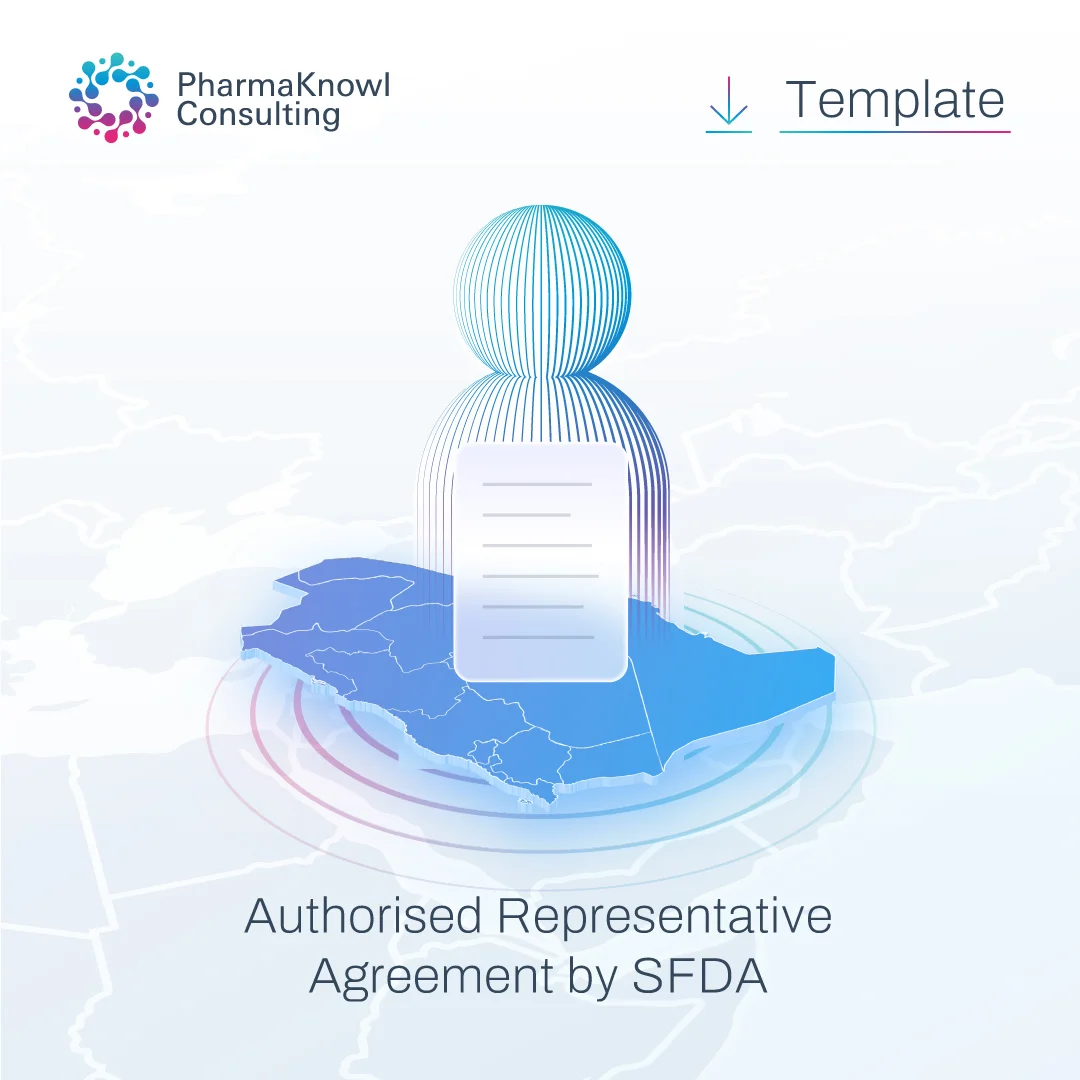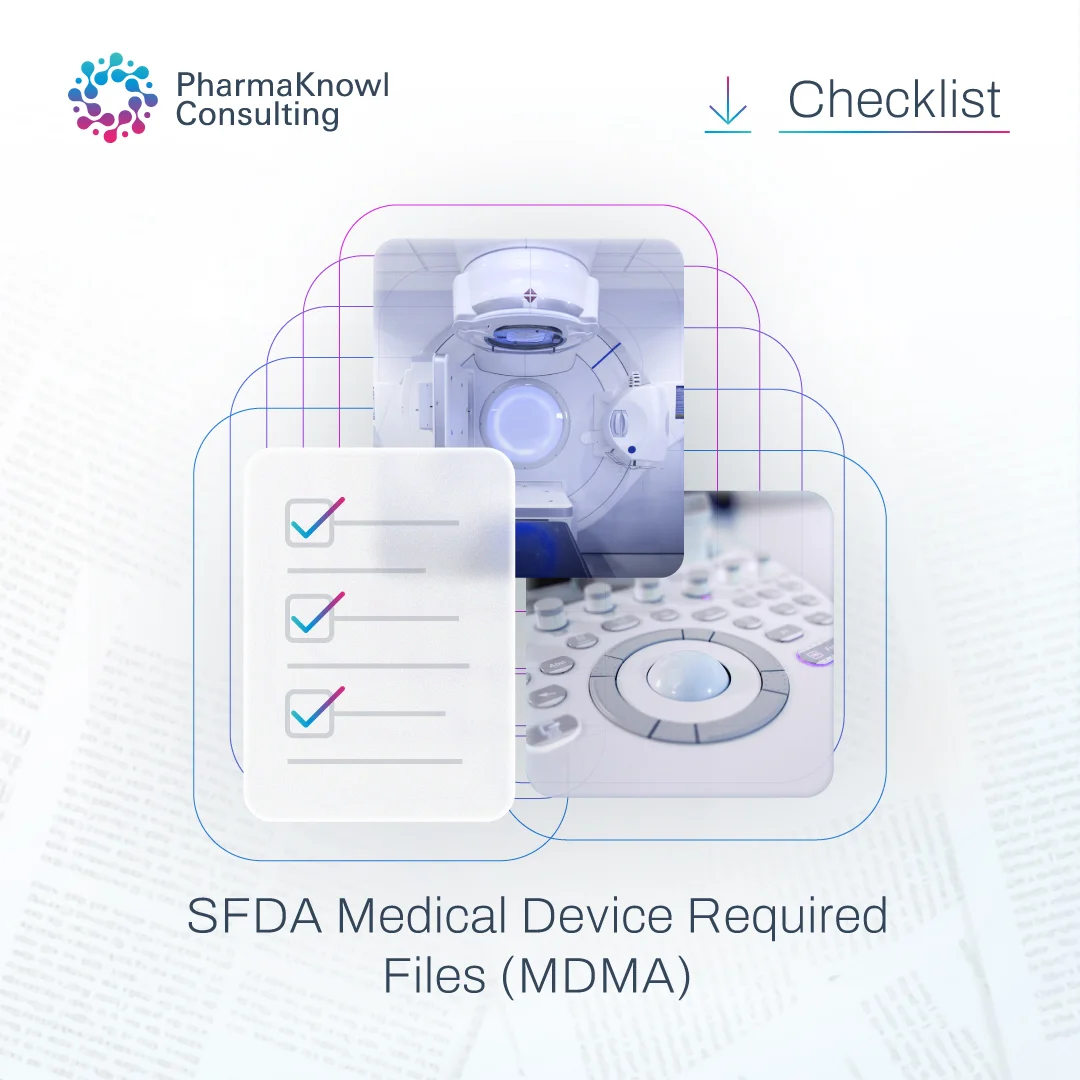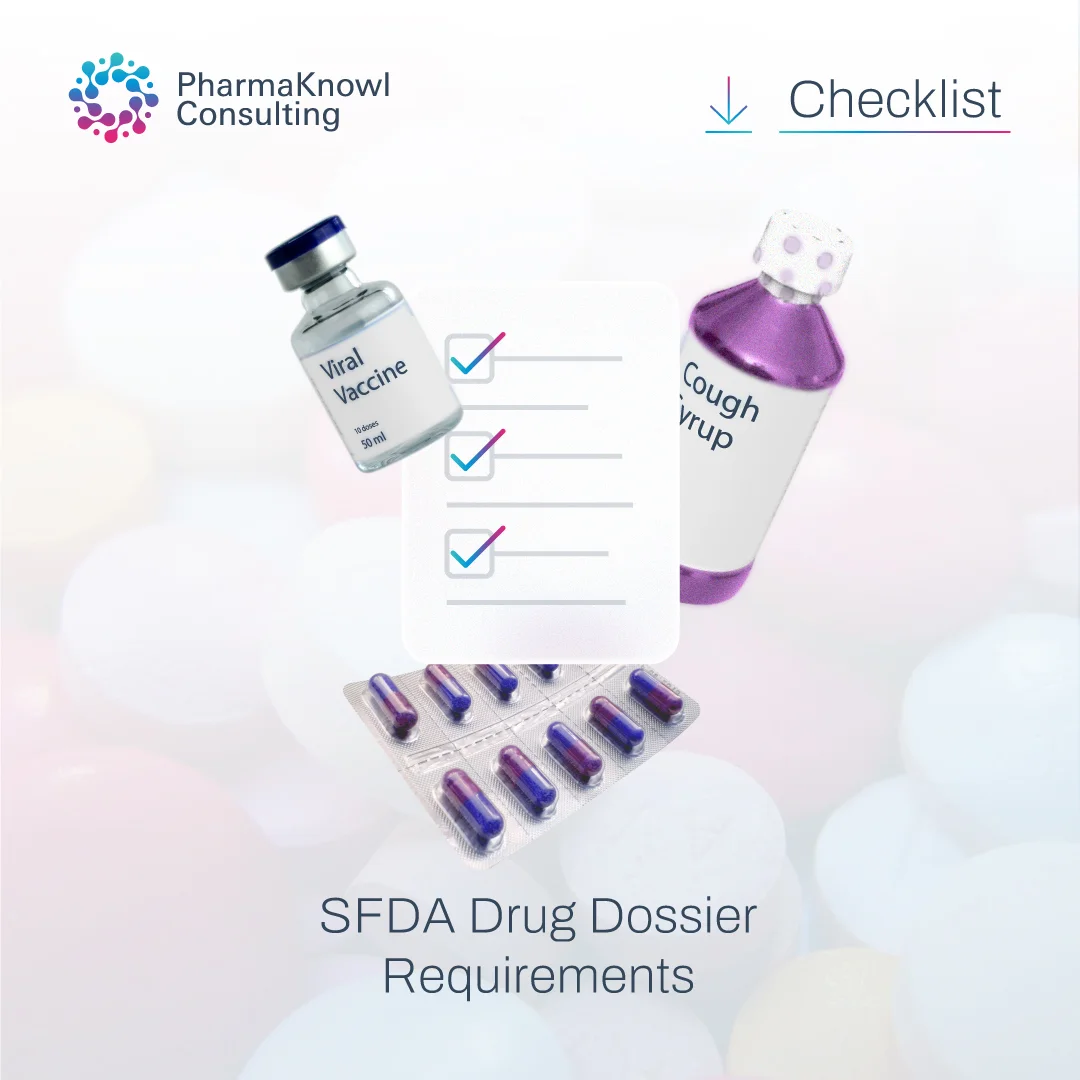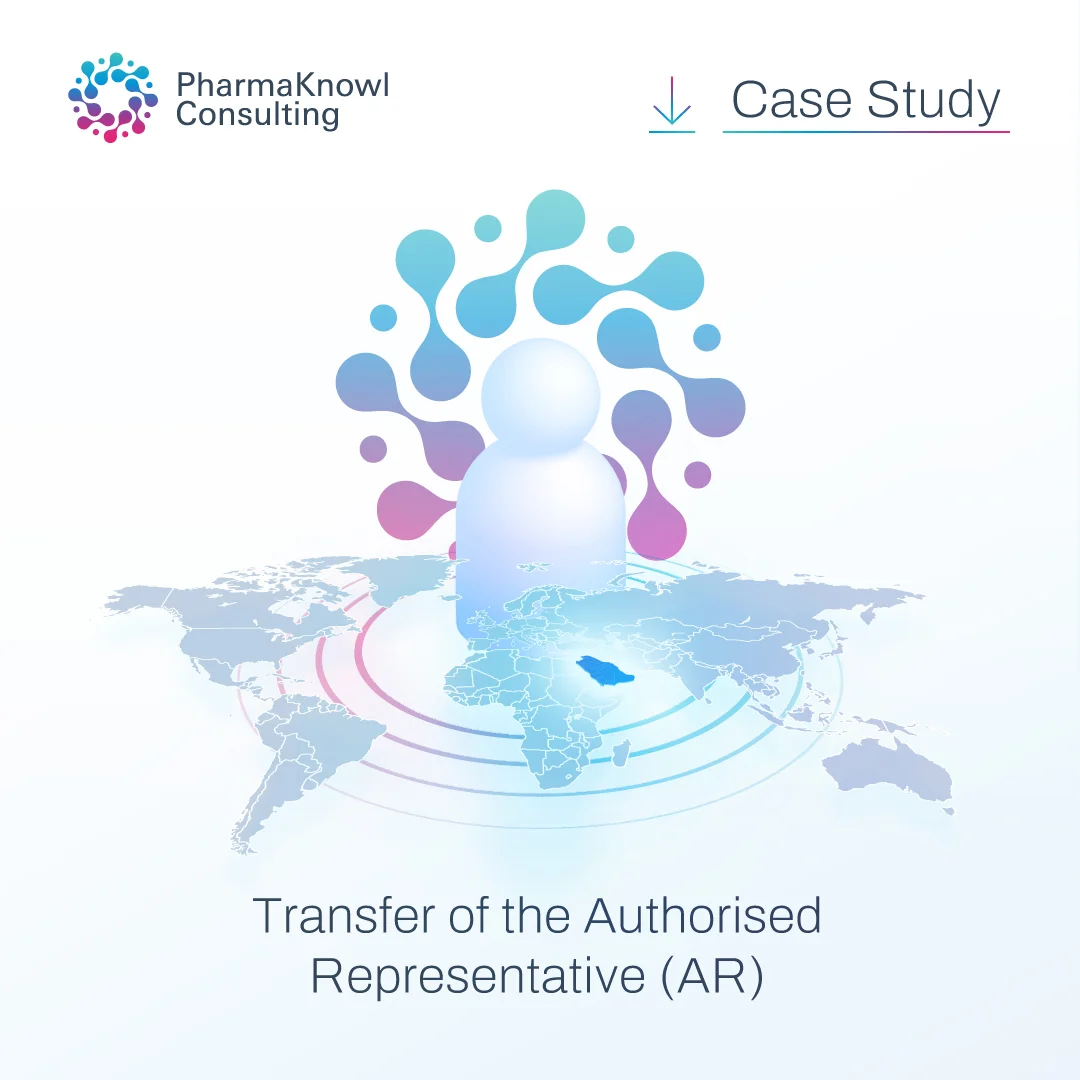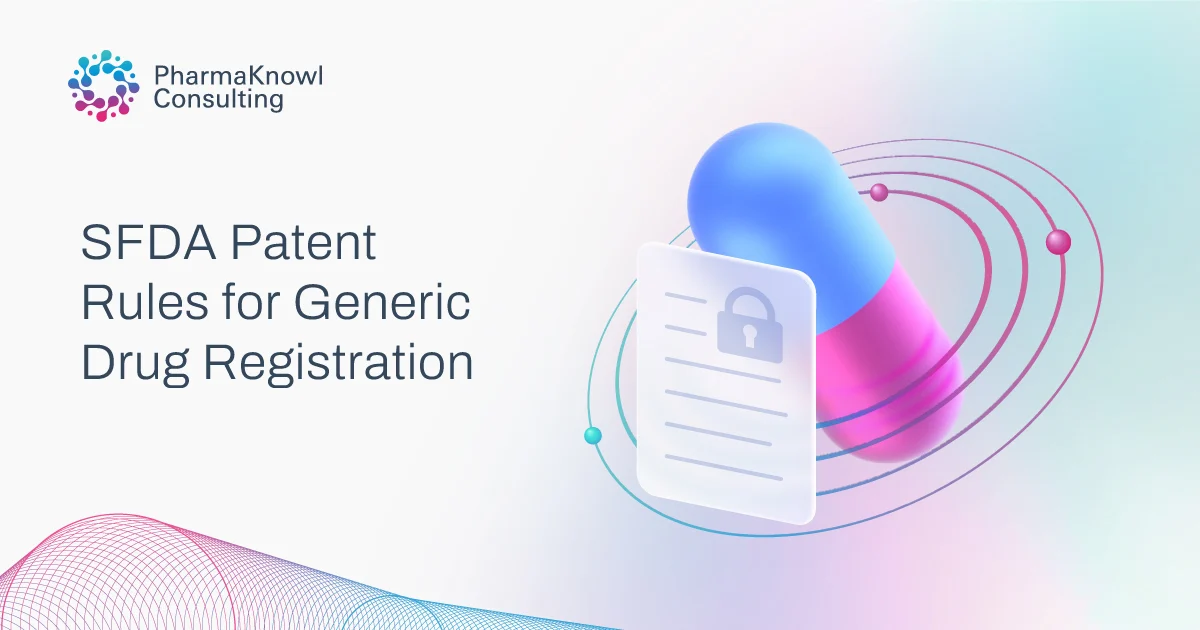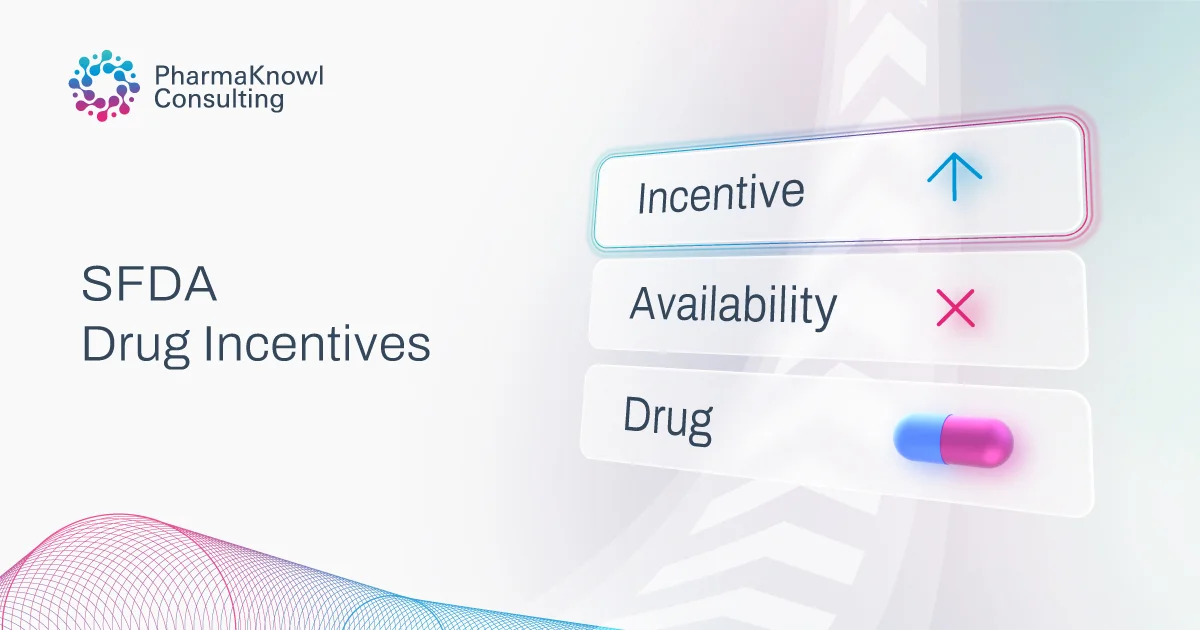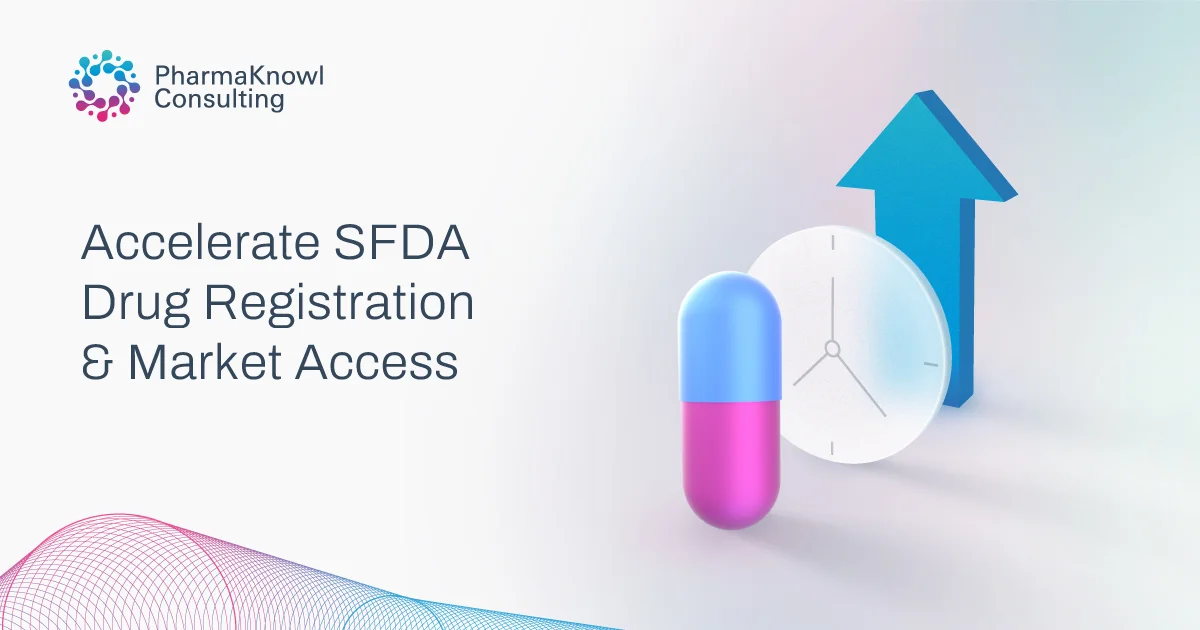As part of the pharmacovigilance requirements in Saudi Arabia, marketing authorization holders (MAHs) must submit all local Individual Case Safety Reports (ICSRs) to the Saudi Food and Drug Authority (SFDA). The appointed local Saudi qualified person responsible for pharmacovigilance (QPPV) has to perform the submission directly to the SFDA.
In this regard, many companies need to know the related regulations and how this process should occur. This article will outline the basic requirements for adverse drug reaction submission, who should submit the reports, and within what timelines.
Table of contents
What is ICSR?
ICSR is a reporting format for one or more suspected adverse drug reactions (ADRs) to a pharmaceutical product that occur in a patient at a given time. Every MAH is responsible for collecting all reports of potential adverse reactions related to their medicinal products from solicited or unsolicited sources. A pharmacovigilance system should be designed for this purpose, enabling the collection of adequate data for the scientific assessment of such reports. The obtained reports for clinical evaluation are authentic, readable, accurate, consistent, verified, and completed. Following the applicable SFDA regulation of data protection, all notifications containing pharmacovigilance data shall be documented and archived.
MAH Responsibilities
The MAH company must have a pharmacovigilance system in Saudi Arabia. The Saudi MAH needs to have a comprehensive system, known as a Pharmacovigilance System Master File (PSMF). In contrast, foreign MAH companies operating in the Saudi market only require a local PSMF, known as a Pharmacovigilance sub-system file (PSSF). The PV system must collect and record all ICSR reports, including those originating from literature monitoring, using a mechanism that enables traceability and proper follow-up reports.
A local pharmacovigilance service provider in Saudi Arabia can develop and maintain the local PV system for foreign companies.
Who should submit the ICSRs to SFDA?
The appointed local QPPV should submit the ICSR to the SFDA through the reporting platform. The SFDA previously accepted reporting of ICSRs via email; however, this is no longer the proper channel and is no longer acknowledged.
Serious or non-serious case reporting?
The MAH must report all serious and non-serious ICSRs that originate within Saudi Arabia. It is worth mentioning that the authority used to require the submission of serious cases originating outside Saudi Arabia, but it suspended this requirement.
ICSRs Reporting Timelines
The SFDA guidelines have been updated to reflect the following timelines for reporting ICSRs:
| Report Type | Duration |
| Unexpected – Serious | Within 15 days |
| Unexpected – Non-Serious | Within 15 days |
| Expected – Serious | Within 15 days |
| Expected – Non-Serious | Within 90 days |
| Product Quality | Immediately (within one day) |
| Lack of Efficacy | Within 15 days |
ICSR Format
SFDA only accepts reports in XML format according to ICH standards.
Benefits of ADR Reporting
- Reduces drug-related issues
- Increases patient trust in professional practice by improving the quality of treatment provided to them.
- Provides comments on drug-related concerns that have been reported both domestically and globally.
- It is a cost-effective approach to monitoring the safety of pharmaceutical products throughout their lifetime.
- The most effective approach for obtaining real-world data
- Aggregate reports (PSURs) of all reported ICSRs are analyzed to enhance the benefit-risk profile for the drug.
Safety Report Types
In the post-authorisation phase, there are two types of safety reports: those originating from unsolicited sources and those reported as solicited.
Unsolicited reports
- Spontaneous reports are communications to the SFDA or the marketing authorisation holder by a healthcare professional or a consumer that describe one or more suspected adverse reactions in a patient who was given one or more medicinal products. They do not come from a study or any organised data collection systems where adverse event reporting is actively sought.
- Literature reports are a valuable data source for monitoring the safety profile and risk-benefit balance of medicinal products, especially in identifying new safety signals or emergent safety concerns.
- The Internet or Social Media is the responsibility of the MAH to screen them regularly for potential reports of suspected adverse reactions.
Solicited reports
Solicited reports are classified as study reports and should undergo causality assessment to determine whether they refer to suspected adverse reactions and fulfil the reporting standards.
ICSR Validation
According to the ICH-E2D guideline, all reports of suspected adverse reactions should be evaluated to ensure that they meet the minimal reporting requirements before being reported to the SFDA.
The four minimum requirements to make sure ICSR is valid are:
- One or more identifiable reporters (primary source), e.g., physician, pharmacist, healthcare professional, consumer, or non-healthcare.
- One identifiable patient, e.g., patient initials, patient identification number, date of birth, age, age group, or gender.
- One or more suspected substances/medicinal products
- One or more suspected adverse reactions
Seriousness
A serious adverse reaction is defined as any untoward medical occurrence that causes:
- Death.
- Life-threatening.
- Requires hospitalisation or increased time of hospitalisation.
- Causes persistent or significant disability or incapacity.
- Congenital anomaly/birth defect at any dose.
Special Situations
- Pregnancy
ICSRs of an embryo being exposed to medical products should be followed up to gather information on the pregnancy’s outcome and the child’s development after birth. Individual cases of an unexpected result linked to a pharmaceutical product after exposure during pregnancy are classified as severe reports and must be documented according to the standards. This mainly refers to reports with:
- Congenital anomalies or developmental delay.
- Fetus death and spontaneous abortion.
- Suspected adverse reactions in the neonate that are classified as serious
- Breastfeeding
Suspected adverse reactions that occur in infants following exposure to a medicinal product from breast milk should be reported.
- Paediatric or elderly population
- Reports of overdose, abuse, off-label use, misuse, medication error, or occupational exposure
Read More

